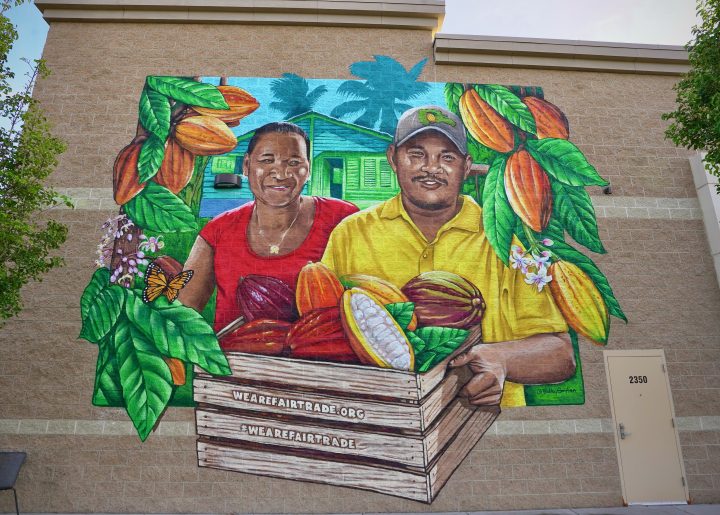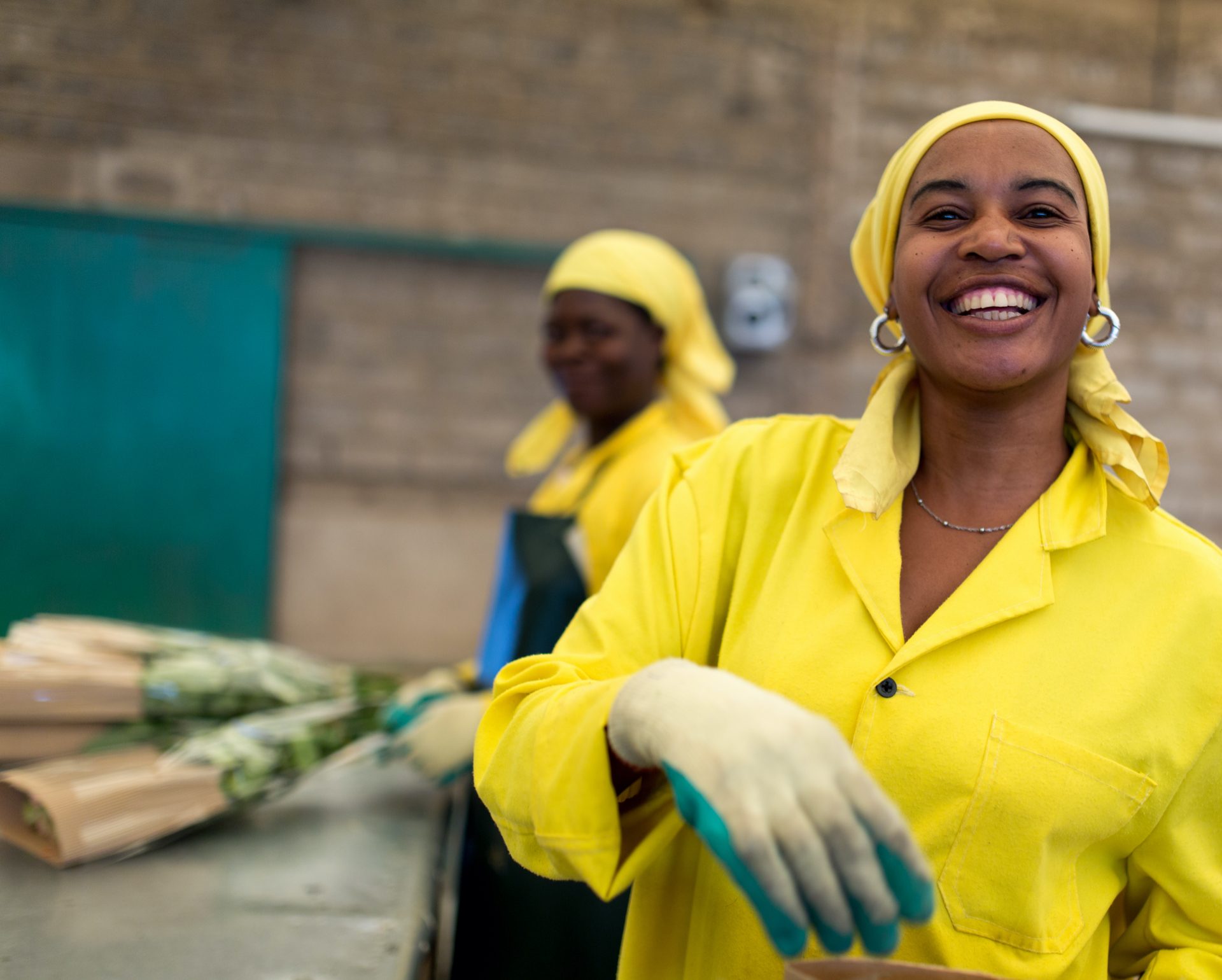Workers' rights are essential for fair trade
Workers—people working on large farms or in factories that do not own the business—face incredible adversity in the Global South.
At best, most workers lack formal contracts, freedom of association and basic health and safety precautions. This is compounded by earning low wages. Some are vulnerable to other abuses such as human trafficking or debt bondage.
Even employers with good intentions can find that they don’t earn enough to pay a living wage or invest in better equipment or safer working conditions. Trade is neither just nor sustainable without prioritizing workers’ rights.
Forced labor is an injustice
Forced labor and any form of exploitation and abuse is completely unacceptable.
We are committed to fighting the root causes or labor abuses and exploitation—like poverty, power imbalances and discrimination. If forced labor is suspected or found in Fairtrade supply chains, we immediately address these concerns and raise it to the appropriate authorities.
We actively work to prevent forced labor through:
- Our Standards
- Local and international prevention policies
- Monitoring and building our knowledge of trafficking patterns
- Training farmers, workers and managers on human rights
- Supporting the creation of local youth-inclusive, community-based monitoring and remediation systems
- Collaborating with governments, NGOs and human rights organizations to continuously improve our approach
Workers' rights are good for business
A happy, safe and well-resourced workforce is good for business. When workers are paid and treated fairly, they continue working for organizations longer, their knowledge and buy-in deepens, and they are able to contribute as experts and leaders.
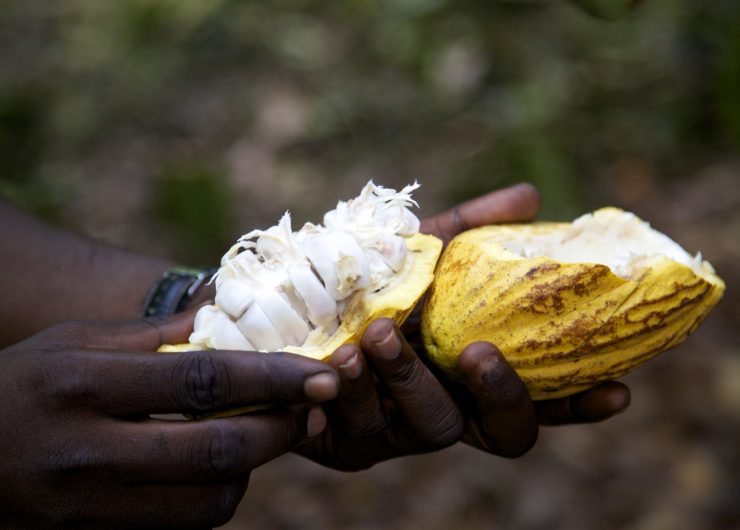
Standards
Our Hired Labor Standard ensures that workers receive a fairer share of the economic benefits along with requiring wages, leave, social security and formal contracts.
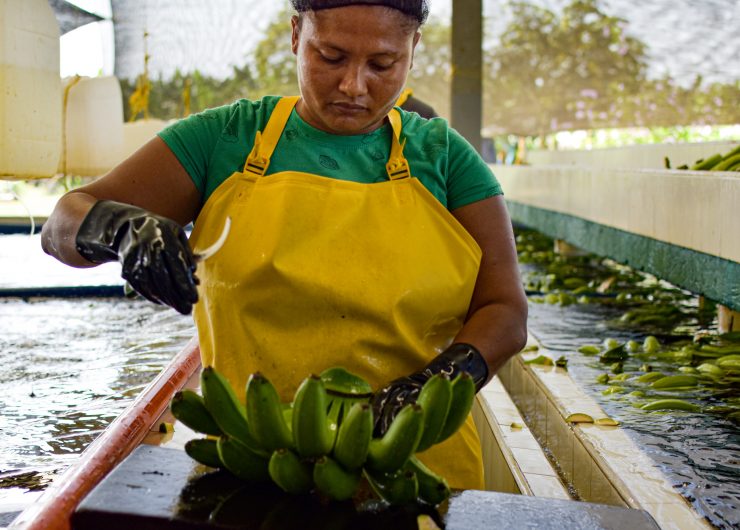
Collaborating with Trade Unions
Freedom of association (union rights and collective bargaining) is also required as part of our Standards. We collaborate with existing trade unions to create supportive systems for workers rather than duplicating efforts.
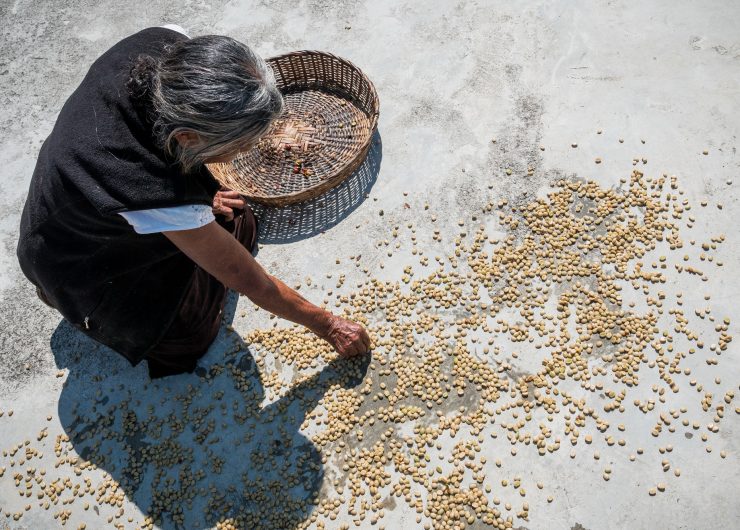
Moving Towards a Living Wage
Living wages are essential to individual empowerment for workers. In 2014, Fairtrade commissioned a living wage methodology for the regions we operate in to determine if payments and premiums are in line with what workers need to survive and thrive. With that information, we are collaborating with a variety of stakeholders to close the gap.
Promising study results
A recent study found that the prevailing wage for banana workers in Colombia covered by the collective wage bargaining agreement is around 3% more than the estimated living wage. For non-unionized banana workers, it is around 16% less than the living wage.
Get Involved
Make fair trade part of your everyday life. Find out how you can get involved in the movement to make trade equitable and sustainable.
Join the movement



